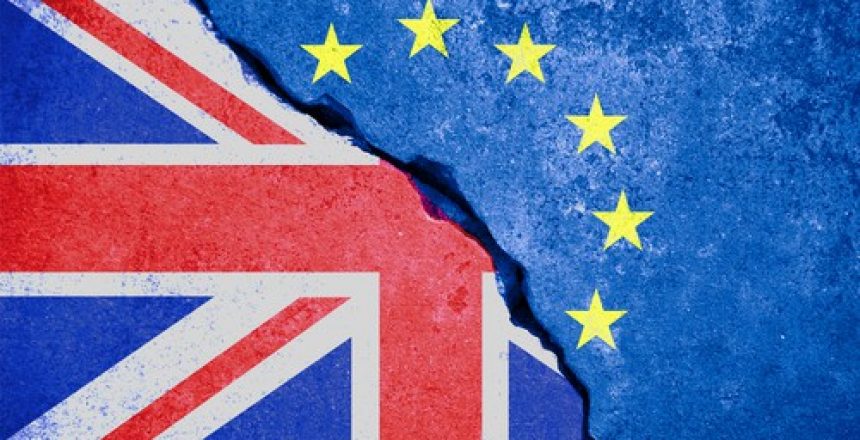Current trends show that a situation in which the UK leaves the EU with a no agreement (a ‘no deal’ situation)is still unlikely given the mutual interests of the UK and the EU in securing a fine result.
Negotiations are progressing good, and the UK and the EU continue to work hard to get a real deal.
Nonetheless, a “no deal ” situation could affect UK citizens traveling to the EU and EU citizens traveling to the UK.
A modification impacting the renewal of UK passports was introduced on September 10th, but not formally revealed by the Home Office.
Before this announcement, British citizens renewing their passport before their expiration date, to a maximum of 9 months, would typically have the extra months transferred to their new traveling documents.
However, in the case of a “no deal ” situation, these changes will no longer apply and any remaining months will be invalid if renewing the document early. In essence, the additional months will no longer count.
There are many countries worldwide that demand UK Citizens to have at least six months left on their passports at the time of travel- if they don’t, they may be denied entry.
These countries consist of Austria, France, Germany, the Netherlands, Portugal, Spain, Switzerland, Poland, Norway, Italy, and Sweden.
The Passports are set to be issued with the older style blue passports following Brexit in 2019, replacing the burgundy style British Citizens currently receive.
Nonetheless, EU citizens are going to be free to travel to the UK after Brexit with no need of having to obtain visas.
Whitehall sources confirmed reports plannings for a post-Brexit immigration system, due to be released later this year, that will permit EU citizens to enter the UK with ease.
However, that does not mean EU citizens are going to have the right to stay indefinitely. In case they desire to work in the UK, they will have to comply with new migration restrictions.
Ministers have repetitively stated that even though Brexit is going to give the government authority to regulate immigration, that does not mean they want to stop it entirely, and they want to continue to permit companies to employ skilled workers from the EU.
European Union citizens will be free to enter the UK for several years even after Brexit.
The scale of the organizational challenge is too high and the present immigration system ought to be used until a substitute is prepared, to avoid disruptive changes to labor markets.
Enter your email below to stay up to date with current Brexit negotiations and updates.
